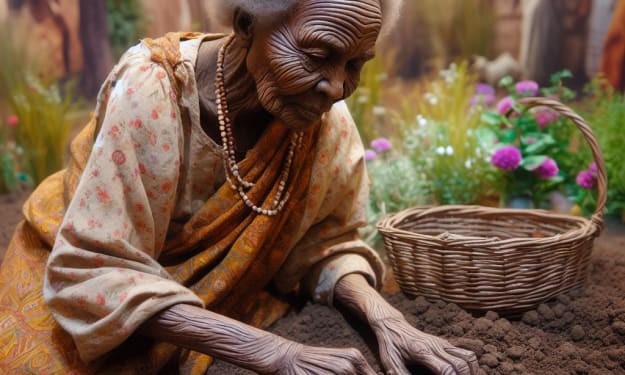Thinking Out Loud
Soliloquy of the Collective

Reflection on Leslie Jamison’s Introduction: "The Best American Essays"
“The essay is political—and politically useful, by which I mean humanizing and provocative—because of its commitment to nuance, its explorations of contingency, its spirit of unrest, its glee at overturned assumptions; because of the double helix of awe and distrust—faith and doubt—that structures its DNA.” Leslie Jamison, 2017
Is writing independent, or of the collective mind? I share my takeaways on the essayist mind and the art of writing the human experience.
Leslie Jamison's Intro presents snapshots of essays (included within the body of the work), highlighting aspects of each writer’s personal experiences, weaving in and juxtaposing them with her philosophy of, “the personal as political.” In it she also writes, “[y]ou’ll find people who are not walking thesis statements but actual human beings—ecstatic, contradictory, imperfect, hurting, trying again.” An essay is not merely a visual aid of the writer’s life, and neither is it a means of summarizing who they were, who they are, or may have become or even will be—as a result of the collective experiences shared within the confines of the narrative. The essay speaks of the writer, but is not intended to chronicle every minute detail of the individual’s lifetime of experiences—it is a didactic perspective designed primarily, in my estimation, as a tale of encounters with fate, and overall, what the universe determines and best chooses for us.
There is a constant repetition and soliloquy with her sway that all essays contain some form of constitutional persuasion. In her estimation, essays are inclined to contain a hint of societal polity and to some extent, intrinsically anchored in “politics.” I could be wrong, but that was the impression I took away from the reading. However, her discourse is not silent, reserved, or distances itself from the hearer—as is the way of a soliloquy as a literary device. She is actually encouraging potential essayists to speak audibly, and in speaking to themselves, to feel at liberty to galvanize a host of thoughts, feelings, emotions, and anthology of personal and shared experiences, so that each may have their “monologue” moment—prompting even the universe to take note of “something more.”
My interpretation of her employment of the term ‘political’ is based on the human soul and all components of the existent self (mind, body, spirit) as a body politic—the genuine, authentic governor of human affairs. Composition of dramatic essays should first follow the path of the writer’s way of thinking, being, and doing. It tells the reader what the presenter encountered in life and how they met and/or resolved each individual experience. We enlist the assistance of our conscious self, drawing on the counsel of our sacred selves. There exists in each of us a veritable voice—one that is a collective of diverse branches of thought. Over marked or even indistinct periods in our lifetime, episodes of our existence become marquee moments—becoming hallmarks ready to be showcased on a platform independent of the internal stage.
Consequently, the essay is a method of mapping one’s thoughts, reflecting on the ebb and flow of our encounters with the art of living, feeling, creating, loving, hating—confronting adversity, problem-solving; sharing with the reader how life presented itself to them. So, in writing an essay, it doesn’t appear to be a matter of formality, yet a matter of familiarity with self, life, and those living it around you, because of you, without you, and in spite of you. No matter how we decide to contend with the development of the narrative, it mustn’t be contrived or induced with capricious tales that were merely flaws in our thinking, or mistakes inherent in us all—because we are human. Let each one document and creatively tell their story—essay it, say it, share it, tell it—like it is, was, and what we hope for it to be.
What do you think?






Comments (1)
I'm going to have to come back to re-read this when my brain is hitting on all cylinders. It's good to see some thoughtful analysis and essay-ish writing here. Good job!